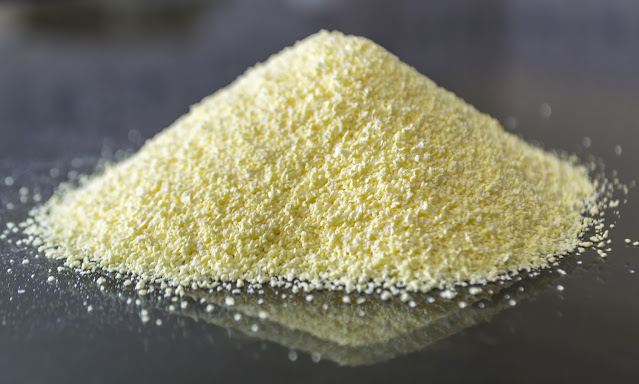Itaconic Acid Is Potential Therapeutic Agent Used To Treat Autoimmune Disorder
 |
| Itaconic Acid |
Itaconic Acid is a naturally
occurring chemical molecule that is used to make numerous paints, plastic
products, and resins. It is also a non-toxic molecule that is biodegradable and
can be easily recycled. It is widely used as a platform chemical to produce high-value
compounds, such as poly, styrene butadiene, and methyl acrylate itaconic acid.
Itaconic
Acid is an important metabolite in the human body
and is produced in a variety of metabolic pathways including in the brain and
in the liver. It has been shown that it plays a key role in regulating the
immune system, and it can prevent autoimmune diseases.
In
addition to its anti-inflammatory properties, it is also a powerful stimulator
of mitochondrial activity. This could lead to an energizing and
skin-revitalizing effect, as well as accelerate the metabolism of fat cells.
Moreover,
it has been shown that it can inhibit the production of inflammatory molecules,
such as tumor necrosis factor alpha, which is thought to be involved in chronic
inflammation. It is therefore a potential therapeutic agent to treat autoimmune
diseases such as rheumatoid arthritis or lupus. The synthesis of itaconic acid
is carried out via an enzyme called succinate dehydrogenase, which is part of
the respiratory chain. If this enzyme is blocked, it has a strong negative
impact on the metabolism of the cell. In contrast, mesaconic acid does not
block this enzyme but has a similar anti-inflammatory effect to itaconic acid.
As a
result, it can be used as an antioxidant and can prevent the accumulation of
free radicals in the cell membranes, which is important for preventing and
treating oxidative stress. In addition, it can be used as a whitening and
astringent compound. It is available in various formulations, including
shampoos, hair dyes, and hair rinses. It is also used as a foam inhibitor in
soaps and other cosmetics.



Comments
Post a Comment